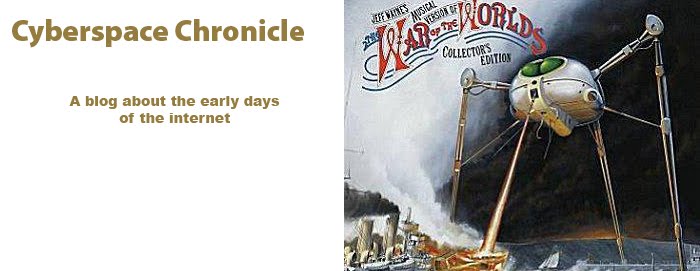- The Development of Google Voice - that offers free sms text messages and - eventually - will make free Skype-like VoIP conversations through your mobile phone possible.
- The development of the Android open source operating system for mobile phones that gives developers and users the opportunity to develop and install software without intervention of neither manufacturers nor cellular phone companies.
- And lately the introduction of the Nexus One `Google Phone` that´s being offered unlocked without the ususal ties with a long-term contract with a cellular phone carrier. So, manufacturers (who are at the mercy of the cellular phone companies selling their product) and cellular companies (who ultimately give the final thumbs up or thumbs down with regards to which apps can run on their networks) have no say in what happens on or with Nexus One.
Google's long term business strategy is to be a major hub on the expanding internet and sell ads on their (partnering) sites.It's a quite simple numbers game: the more time people spend on the internet the more money Google makes. So, you need e-mail? No problem here's G-mail. Need to make a phone call or send a message? We'll give you Google Voice. Need to search the web? Speak out your query and Google's "voice to text" takes you to the nearest gas station or coffee shop making use of their Google Maps Data. Then there is Google Docs, Calendar, Wave, Picasa, Youtube, etc. Everything you need from the cloud and always on.
A world wherein internet will be available as a datasphere around the planet - accessible from everywhere at any time - is dawning and Google wants to be the major hub in this sphere. In order to accomplish that, they have to either dominate or commoditize what sits between the person clicking on an ad and the company paying for the ad. According to Chris Dixon this roughly breaks down to:
Human - device – OS – browser – bandwidth – websites - ads – ad tech – relationship to advertiser – $$$
In this chain Google obviously dominates websites, ads (search and syndicated AdSense partners), ad technology and relationship to advertisers (adwords). Devices are already highly commoditized (except for mobile hardware, hence Google Phone Nexus One). Operating system and browser are dominated by archenemy Microsoft. Hence Chrome, Chrome OS and Android.
Bandwidth is dominated by wireless carriers, cable operators and telcos. Because of massive infrastructure investments it's a hard market to get into for new players and consequently it's expensive, competition-free, and scarce. A recent FCC report concluded that 93 million Americans lack access to high-speed Internet service, with affordability being the primary barrier. This is a serious obstacle to Google's continued growth. The same goes for Facebook, eBay, Twitter, Amazon.com, Apple's iTunes Music Store and every other website or online service you can think of. But it's Google that has the pocketbook and the self-regard to attempt to do something about it. Besides, it might prove to be a wise investment of a part of the mountain of cash they've piled up in recent years; profit margins on internet services were no less than 95% last year...


No comments:
Post a Comment